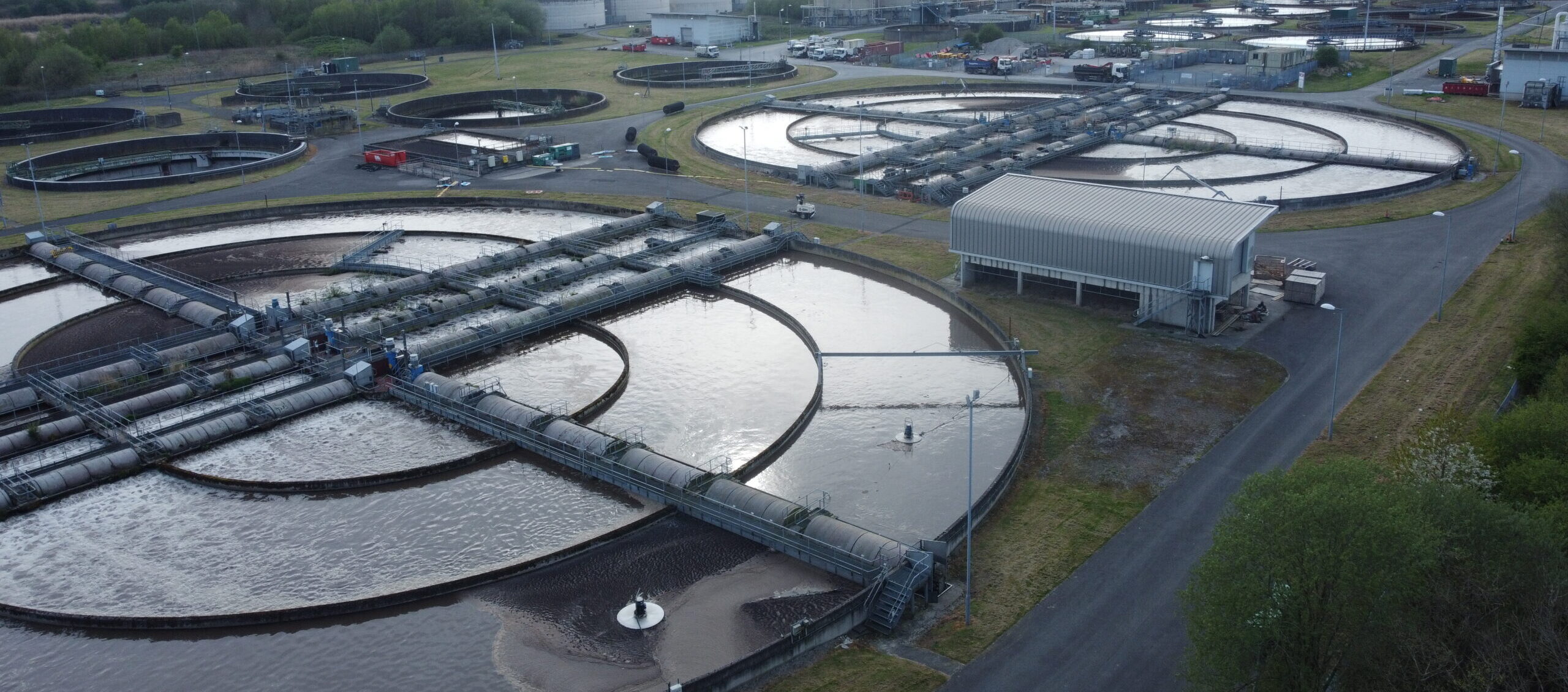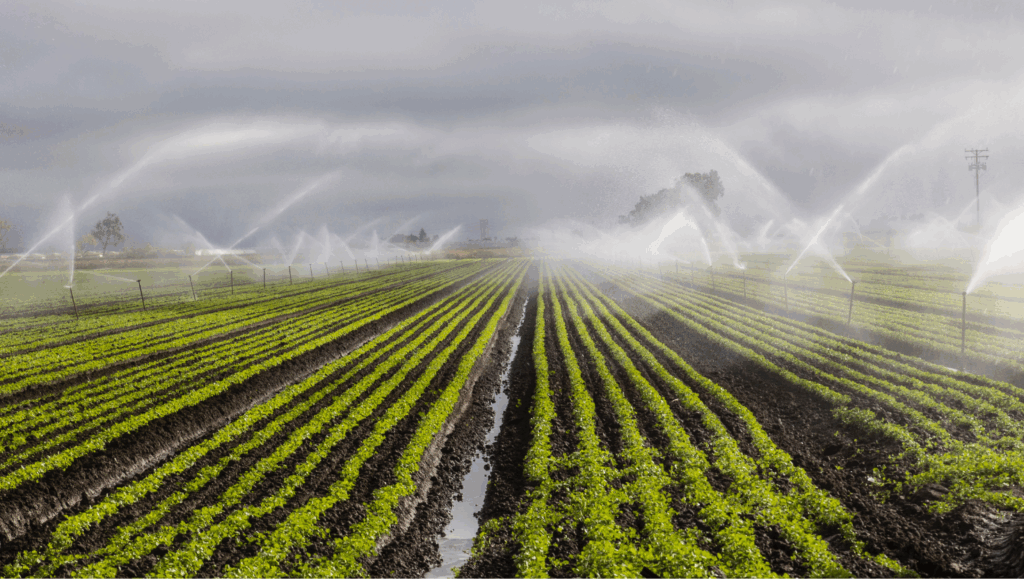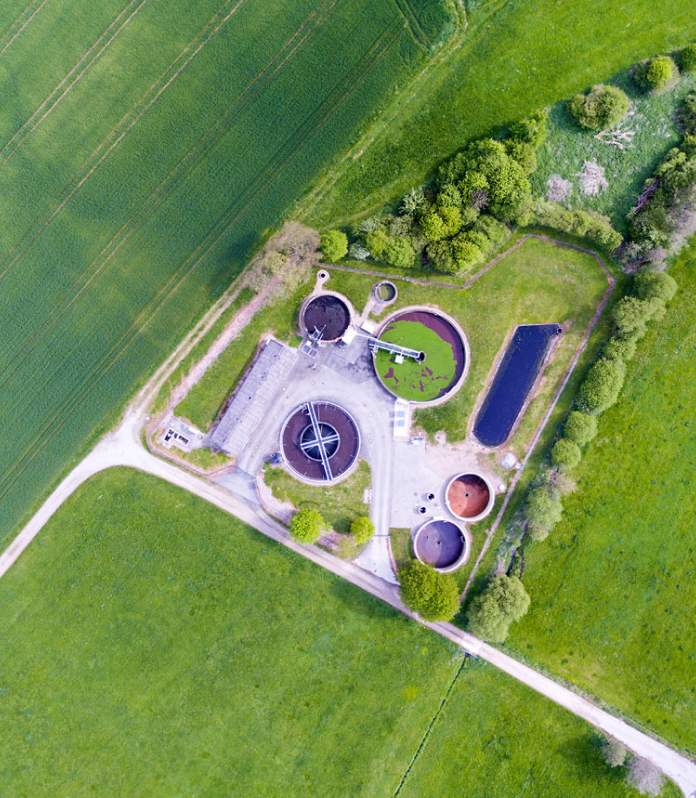Plant-Based Coagulant
What Is a Plant-Based Coagulant?
A plant based coagulant is a naturally sourced compound used to destabilise and aggregate suspended particles in water and wastewater treatment systems. These materials are extracted from renewable plant materials such as seeds, bark, leaves and fruit waste, and have gained popularity as a sustainable alternative to traditional chemical coagulants like ferric chloride or aluminium-based salts.
Unlike synthetic or inorganic substances, plant based coagulants flocculants introduce minimal residual toxicity and often require less intensive post-treatment handling. They are considered safe for use in both potable water systems and industrial wastewater treatment, especially in operations looking to reduce reliance on chemical substances, control operating costs, and improve treatment efficiency. The emergence of natural coagulants reflects a growing demand for low impact, low cost solutions in water treatment processes worldwide.


Why the Industry Is Moving to Plant-Derived Chemistry
The shift toward plant based alternatives is being driven by both environmental and operational concerns. Traditional chemical coagulants such as inorganic salts and metal-based reagents can leave behind heavy metals, alter water chemistry, and contribute to increased sludge recovery volumes. In industrial settings such as textile wastewater or palm oil mill effluent treatment, these residuals may even complicate discharge compliance or escalate disposal costs.
Operators also report increasing sensitivity around the use of chemical reagents and the long-term sustainability of systems dependent on non-renewable inputs. The demand for sustainable treatment options is rising, particularly in treating wastewater with high loads of organic polymers, dyes, or suspended solids. Plant derived options support more balanced chemistry by offering better compatibility with biological processes, reduced toxicity, and less interference with microbial growth in real aquaculture effluent and synthetic wastewater applications.
How Plant-Based Coagulants Work in Water Treatment
Plant based coagulants work by targeting the electrostatic stability of negatively charged particles in turbid water. These particles resist settling due to mutual repulsion and small colloidal particle size. Coagulants disrupt that balance by introducing natural compounds with the ability to neutralise surface charges, allowing particles to collide and combine into larger aggregates.
During the coagulation flocculation process, flocs are formed via rapid mixing and slow agitation. These larger structures then settle or are removed through filtration. Plant-based solutions such as those derived from moringa oleifera seeds or tannin extracts show high turbidity removal efficiency, particularly in treating high turbid water where conventional agents may require higher dosages or tighter operating parameters.
In lab trials and field testing, these coagulants have demonstrated measurable removal of suspended solids, improved colour clarity, and enhanced performance even in complex mixtures such as synthetic turbid water, aquaculture effluent, and distilled water spiked with dyes like congo red.


Benefits Over Conventional Coagulants
When compared to ferric chloride, aluminium sulphate, or synthetic polymers, plant based coagulants deliver tangible benefits across treatment systems of all scales. These advantages include:
- Lower risk of introducing metal ions or chemical characteristics that alter water balance
- Reduced produced sludge volumes for easier handling and lower disposal costs
- Fewer impacts on downstream processes, such as filtration or microbial performance
- Reduced reliance on pH adjusters like hydrochloric acid or sodium chloride
- Safer for use in waste water treatment systems that operate with limited automation
These benefits extend to solid waste reduction and long-term sustainability planning in both municipal and private sector operations. Particularly in water and wastewater treatment plants managing variable influents, the use of plant based formulations results in more consistent outcomes and lower dependence on secondary treatment chemicals.
Tannin-Based Coagulants from Natural Sources
Among the most advanced forms of plant based coagulant technology is tannin, a naturally occurring compound extracted from tree bark and other botanical waste. Tanafloc’s product line uses a refined extraction method to isolate tannins and convert them into stable, high-performance coagulant products.
This coagulant aid has proven effective across multiple applications, from drinking water clarification to industrial wastewater treatment. It operates efficiently in varying salt solution environments, handles fluctuations in initial turbidity, and promotes strong floc formation with minimal chemical interaction. Because tannins are derived from natural coagulants and processed without harmful solvents, they pose fewer risks during application and require minimal conditioning before deployment.
The tannin in Tanafloc’s products is engineered to work with common treatment technologies and existing dosing systems, allowing for quick integration without the need for major capital upgrades.

Ideal Applications Across Water Systems
Tanafloc’s plant based coagulants are suitable for an extensive list of real-world use cases. Their application extends to:
- Palm oil mill and textile wastewater operations requiring organic pollutant reduction
- Industrial wastewater from food processing or metal finishing needing consistent turbidity removal
- Decentralised water treatment systems treating surface or rainwater in rural or remote areas
- Aquaculture and agricultural operations managing nutrient-rich effluent
- Emergency treatment setups using synthetic wastewater or natural salt solution sources
Because the chemistry is based on biodegradable organic coagulants, these products perform well without interfering with filtration stages or bio-reactors, and are easily adapted to support seasonal changes in influent composition.


Performance and Dosing Guidance
Plant-based coagulants can match or outperform conventional agents when the right dosing is applied. Using response surface methodology, Tanafloc helps clients determine the optimal coagulant dose through lab-based analysis. For most systems, effective turbidity reduction is achieved within a dosage range of 20 to 100 mg/L, depending on the treatment processes, water quality, and existing infrastructure.
Performance testing includes jar trials using synthetic turbid water and customer-supplied samples. Results typically show strong floc formation, low sludge density, and clear separation of suspended particles. All trials are supported with full documentation to assist with licensing, operational planning and verification.
Plan Your Transition to Plant-Based Coagulants
Whether your goal is to reduce reliance on chemical reagents, comply with stricter environmental guidelines, or improve the sustainability profile of your operation, switching to a plant based coagulant can deliver measurable improvements across your treatment system.
To begin your transition:
Visit: www.tanaflocaustralia.com/contact
Request a jar test to evaluate turbidity removal performance at your site
Speak with a technical advisor about dosing, compatibility, and results tracking
Plant based coagulants are no longer experimental. They are an established, efficient, and forward-looking part of the modern coagulation flocculation toolkit. Let Tanafloc help you implement a cleaner, smarter treatment program tailored to your operational reality.
